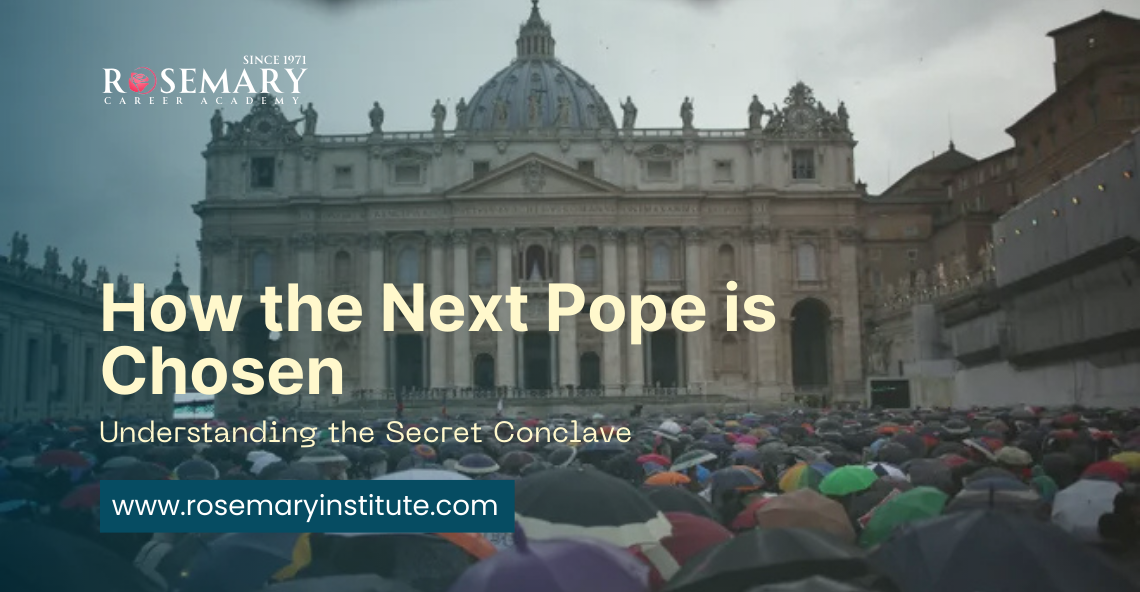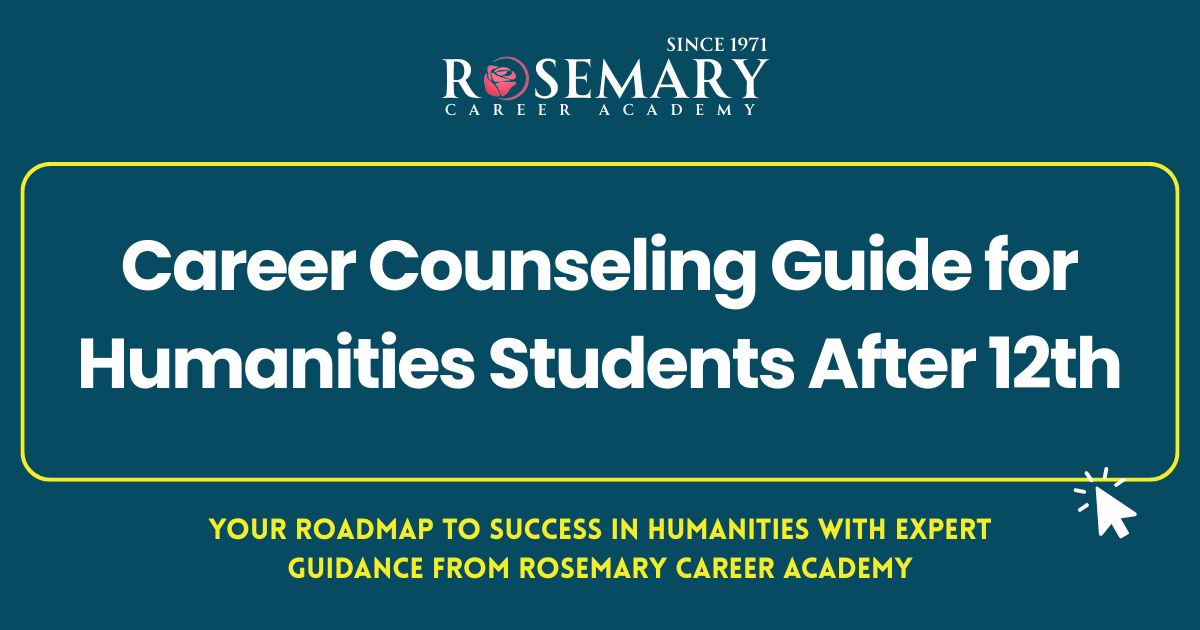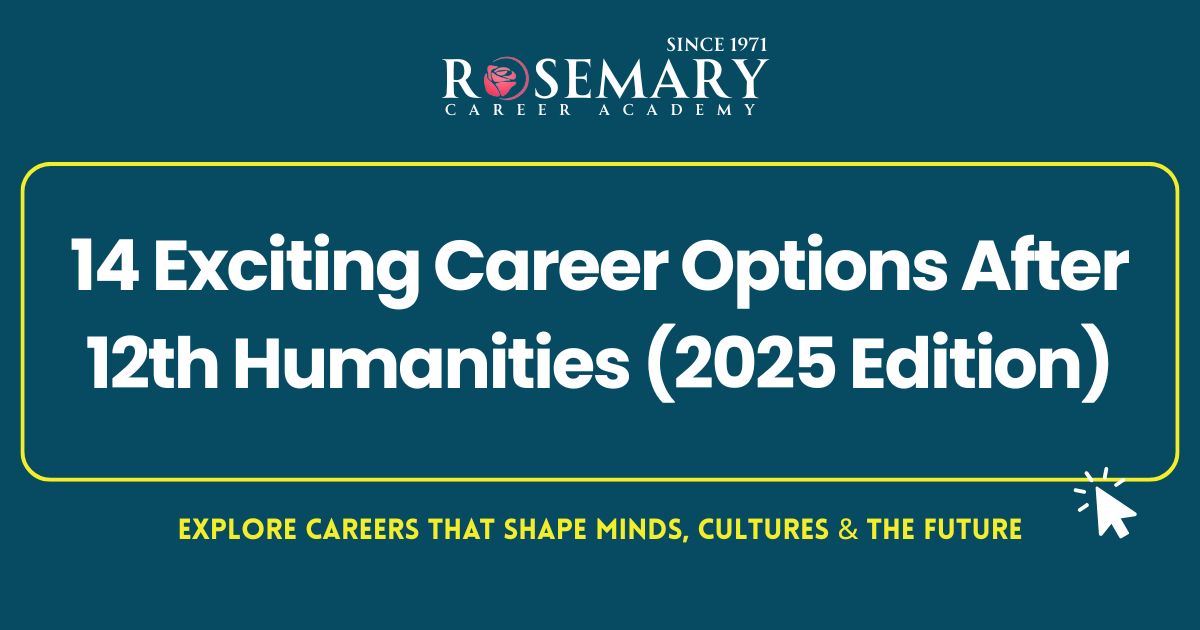How a New Pope is Chosen: Understanding the Secret Conclave
When a pope passes away, as Pope Francis did on Easter Monday at the age of 88, the world turns its attention to the ancient and secretive process of selecting a new leader for the Catholic Church. The funeral, held in St. Peter’s Square and attended by hundreds of thousands, marks the end of one era and the beginning of another.
Now, the focus shifts to the conclave — a centuries-old ritual designed to elect the next pope. This confidential process is a critical moment not just for Catholics, but for the wider world, as each pope influences religious, political, and cultural life globally.

What is a Conclave?
The term “conclave” comes from the Latin words cum clave, meaning “with a key.” This name reflects the tradition of locking the cardinals away until a decision is made.
Since the 15th century, papal elections have taken place inside the Sistine Chapel in Vatican City, under the breathtaking frescoes painted by Michelangelo. The goal is to protect the secrecy and integrity of the decision-making process, ensuring that no external pressures affect the outcome.
Who Votes for the New Pope?
Only cardinals—senior leaders in the Catholic Church—are eligible to vote, and they must be under the age of 80 to participate. Choosing the next pope is seen not just as a duty but as a deeply spiritual act, guided by prayer and reflection.
Today, around 120 cardinals are expected to gather in Vatican City to select the 267th pope, continuing a tradition that began nearly 2,000 years ago with St. Peter, regarded as the first pope.
How Does the Election Work?
- Secrecy: The cardinals are locked inside the Sistine Chapel and are forbidden from communicating with the outside world.
- Voting: Voting rounds are conducted in secret, using handwritten ballots.
- Decision: A two-thirds majority is required to elect a new pope.
If no candidate reaches the necessary votes, the process continues with up to four rounds of voting each day—two in the morning and two in the afternoon.
The 2013 conclave, which elected Pope Francis, lasted only five rounds, making it one of the quickest in modern history. In earlier times, disagreements could stretch the conclave for months!
The Famous White Smoke
After a successful election, the newly chosen pope is asked two important questions:
- “Do you accept your election as Supreme Pontiff?”
- “By what name shall you be called?”
Once the new pope accepts, white smoke is released from the chimney of the Sistine Chapel, signaling to the world that a new pope has been chosen.
If no decision is reached after a round of voting, black smoke is emitted to indicate that voting will continue.
What Happens Until a New Pope is Chosen?
Until the election of the new pope, the Catholic Church enters a phase called “SedeVacante”, meaning “the seat is vacant.” During this time, the governance of the Church is managed by senior cardinals, but major decisions are left for the new pope.
Why is the Pope So Important?
The Pope serves as the spiritual leader for 1.4 billion Catholics around the world. He is regarded as the successor to St. Peter, whom Catholics believe was appointed directly by Jesus Christ.
The Pope:
- Provides spiritual guidance and teachings.
- Defines and defends Church doctrines.
- Acts as a moral and ethical voice in global affairs.
His influence is immense within Catholicism, although other Christian branches, such as Protestants and Orthodox Christians, do not recognize his authority.
Why Does the Conclave Matter?
The election of a new pope represents more than just a leadership change. Each new pope brings a different emphasis—whether it’s on social justice, global peace, internal Church reforms, or doctrinal conservatism.
For Catholics and non-Catholics alike, understanding how the pope is chosen offers a glimpse into the traditions, faith, and politics that shape one of the oldest institutions in human history.
Quick Facts About Papal Elections:
- Location: Sistine Chapel, Vatican City
- Participants: Cardinals under 80 years old
- Majority Required: Two-thirds
- Signal of Decision: White smoke
- Interim Period: “SedeVacante”






Voting is everyone’s right
I liked learning about the process. It is a big and important decision about the church .
Ya janna hamra liya bhut jaruri hai or Hama pta lga ki ek choti si contry ka pas sabsa bdi power hai jo kise bhi country ko control kar sakti essa hamra general knowledge bhi bdi hai
The recent election of the new pope is a historic moment for the catholic church. I hope this leadership brings peace , unity and brings positive change for people around the world.
The election of the new pope is a historic moment. This article delves us into the depts of the selection process of the pope and the significance of pope in the catholics.
It was so fascinating and informational to read. It clarified my doubts and gave me information I didn’t know. Hope the new Pope elects soon and his leadership bring peace all around the world.
Pope Francis died on 21 april, 2025 at the age of 88 and this have turned all the attention towards the ancient and traditional process of electing new leader for catholic chruch. This turning of tables is a crucial moment not only for the Christians but for the people in world wide, as the election will held by the 2/3 majority. And the pope was known for humanity and kindness also for the speading the religious ideas